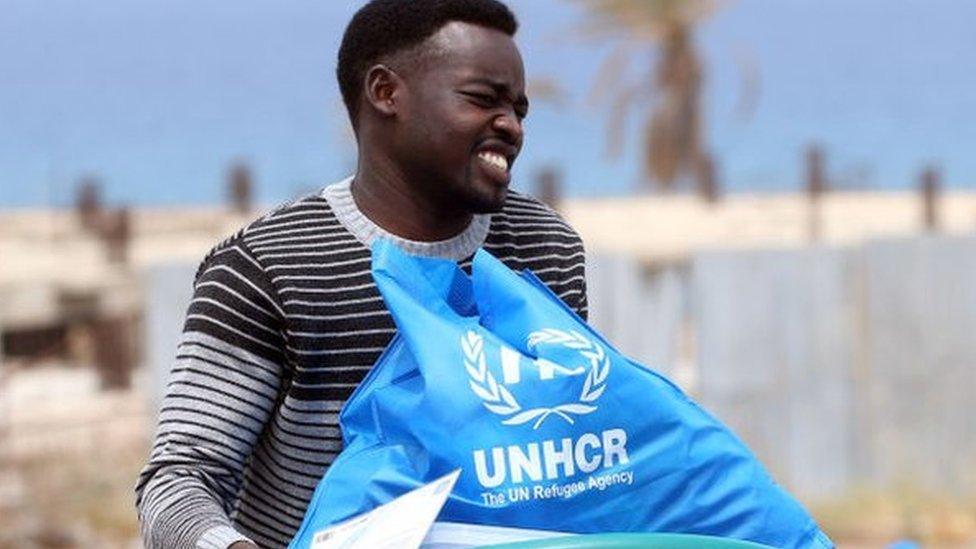Europe migrant crisis: Scores die in shipwreck off Libya - UN
- Published
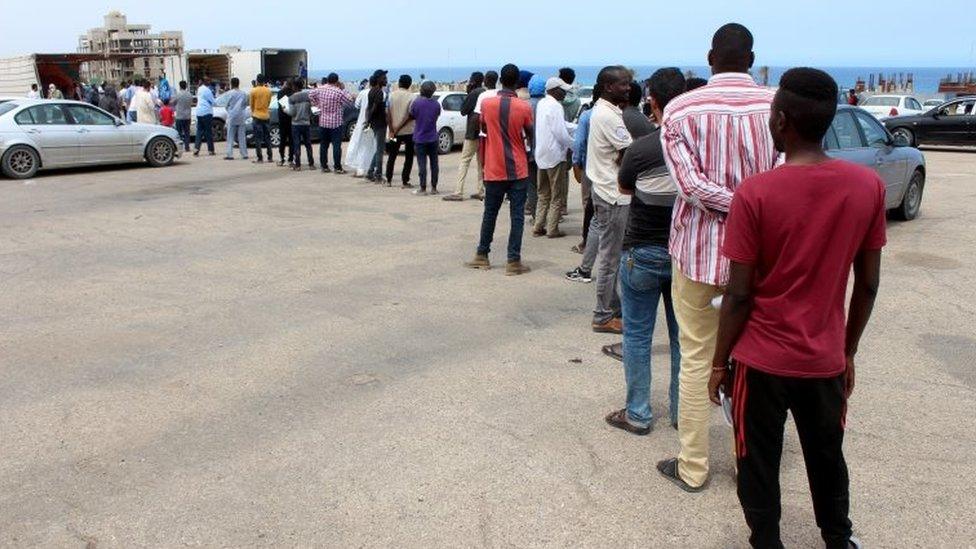
Migrants queue for food aid in Tripoli. Libya is a major transit point for attempts to reach Europe. File image
At least 74 migrants have died after the ship carrying them was wrecked off the coast of Libya, the UN says.
Rescuers managed to bring 47 survivors to shore, staff from its International Organisation for Migration (IOM) said.
Libya has been a major transit point for migrants from many countries trying to reach Europe via the Mediterranean.
The IOM says at least 900 people have drowned on this route this year, with another 11,000 returned to Libya, where it says they face detention and abuse.
Five migrants died on Wednesday and 100 were rescued when their boat capsized off the Libyan coastal town of Sabratha, not far from the Italian island of Lampedusa.
Migrants have also died trying to reach Spain's Canary Islands from West African shores. Some 140 drowned last month off the coast of Senegal when their boat caught fire and capsized.
Where did the the latest shipwreck happen?
The IOM says it took place off the coast of Khums in Libya on Thursday.
It said the boat was reported to be carrying more than 120 people, among them women and children. The coast guard and fishermen brought the survivors to shore.
There have been at least nine migrant shipwrecks in the central Mediterranean since 1 October, the IOM says.
Federico Soda, IOM Libya chief of mission, said: "The mounting loss of life in the Mediterranean is a manifestation of the inability of states to take decisive action to redeploy much needed, dedicated search and rescue capacity in the deadliest sea-crossing in the world."
The IOM does not believe Libya is a safe point of return for migrants rescued at sea, fearing they face human rights violations, trafficking and exploitation.
Mr Soda said: "Thousands of vulnerable people continue to pay the price for inaction both at sea and on land."
Libya has had no stable government since the downfall of Muammar Gaddafi in 2011, although there are hopes current UN-led talks could lead to a transitional government and then elections.


You may be interested in:
Migrant mother's dying wish in Libya was to get her children to Europe
- Published25 July 2019
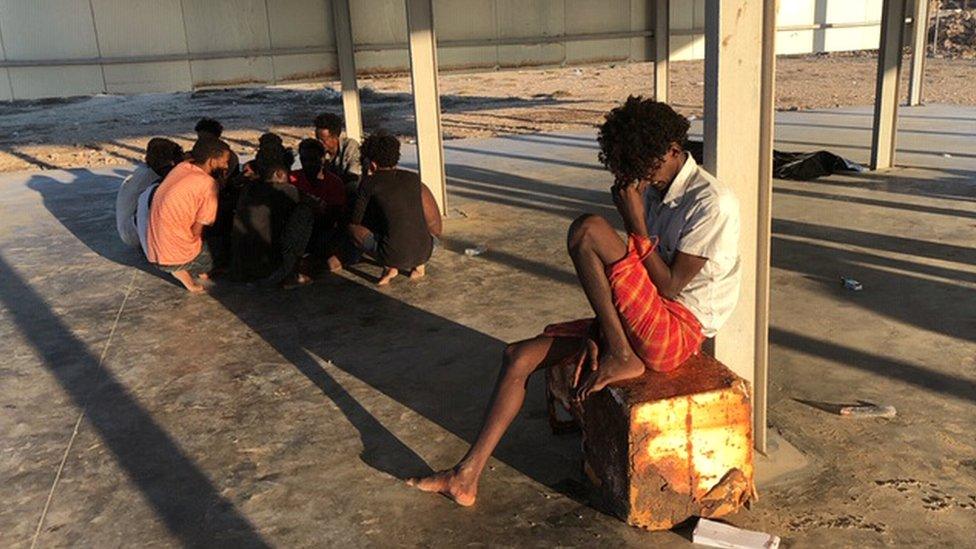
- Published31 August 2020
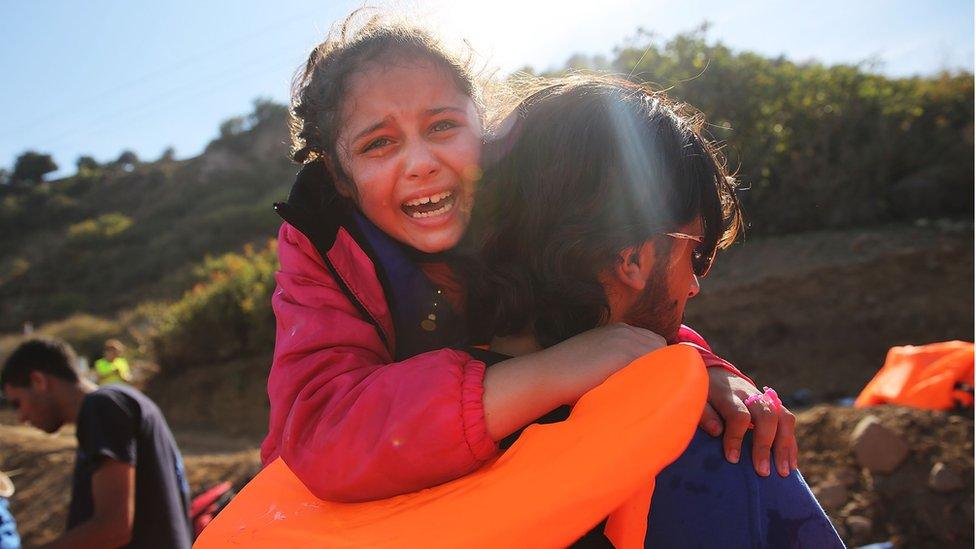
- Published1 September 2020
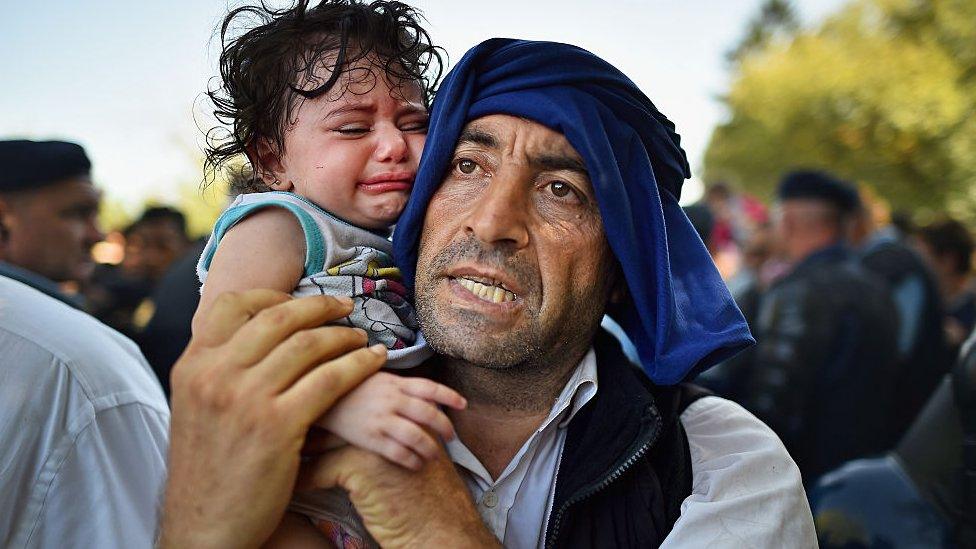
- Published17 May 2020
